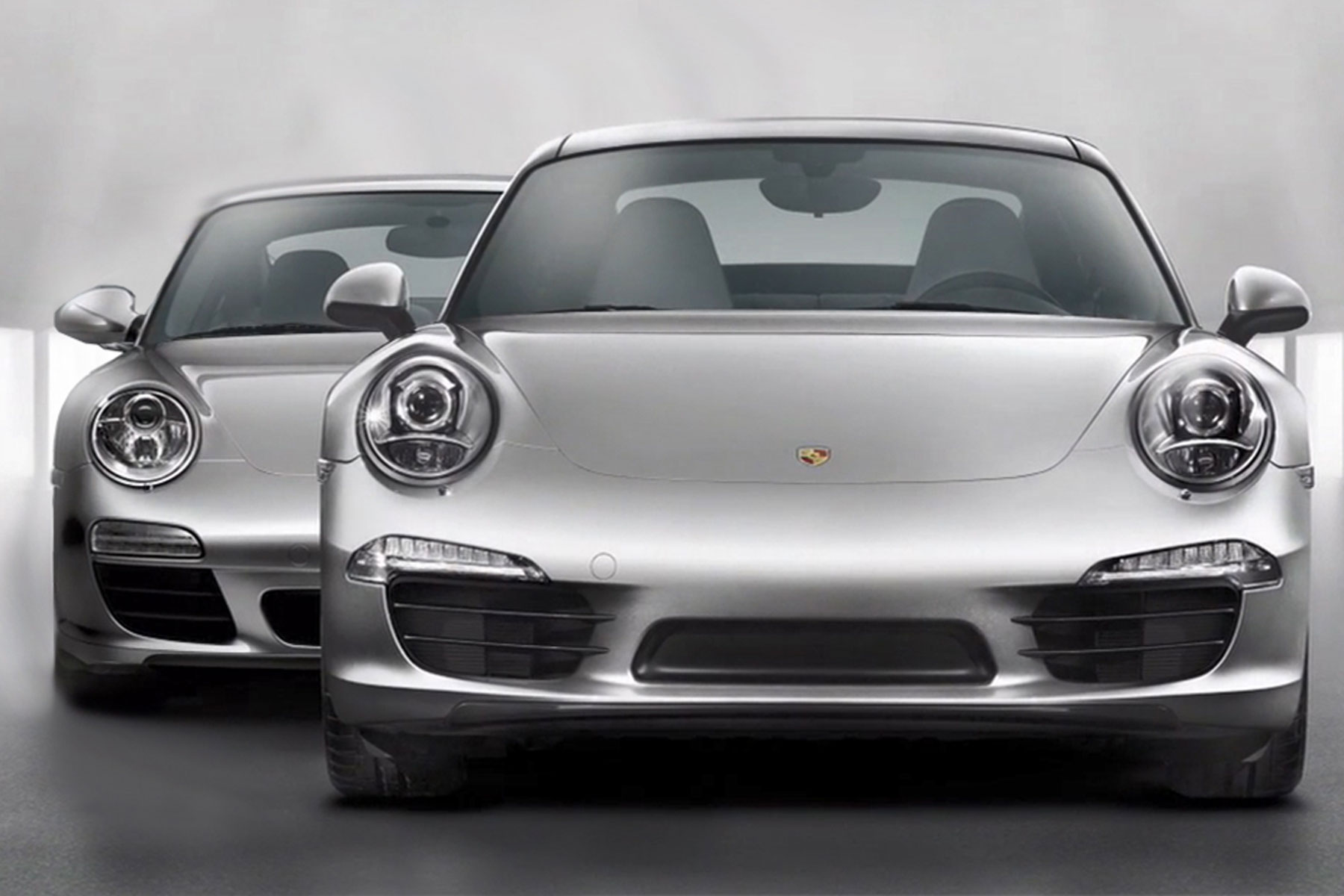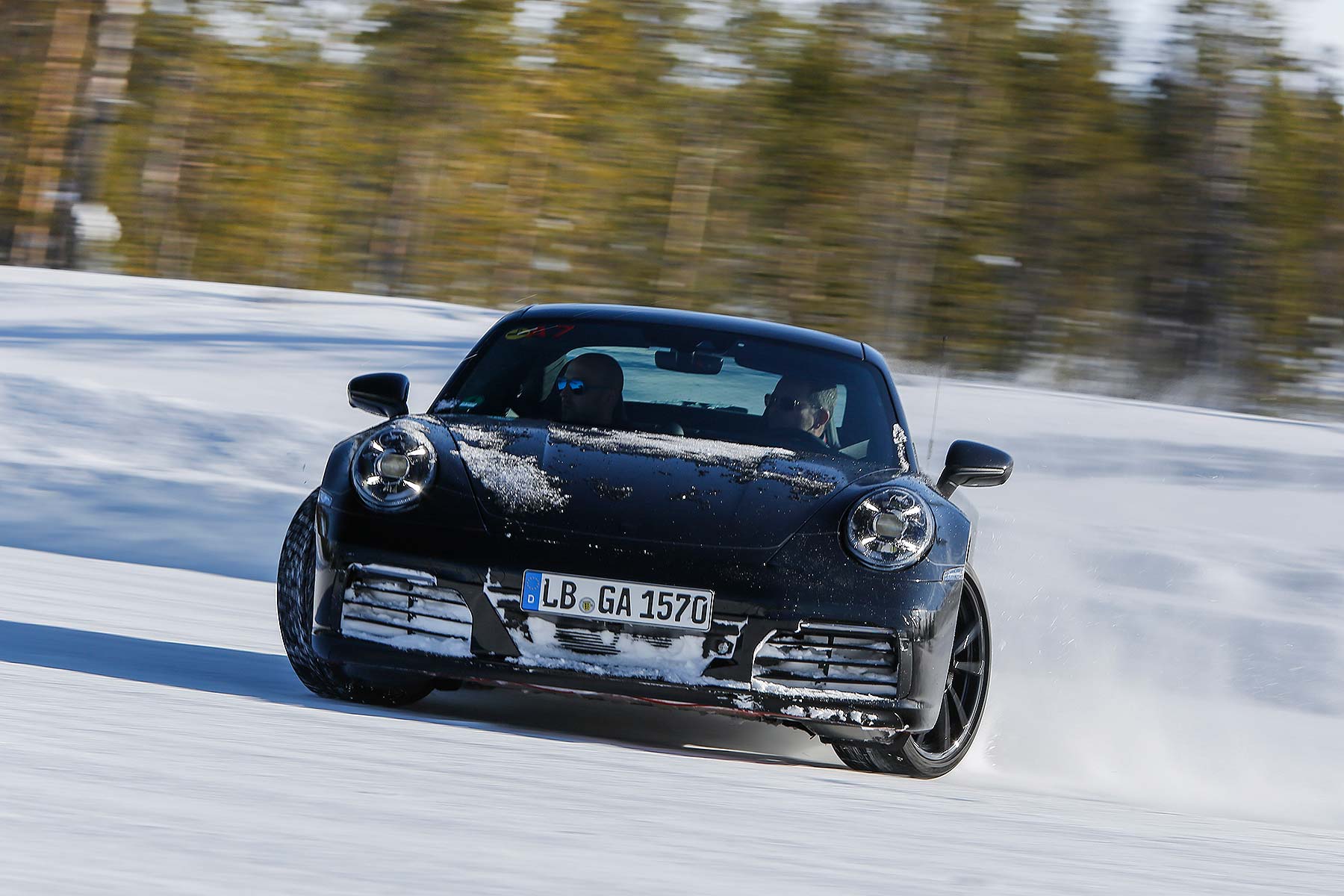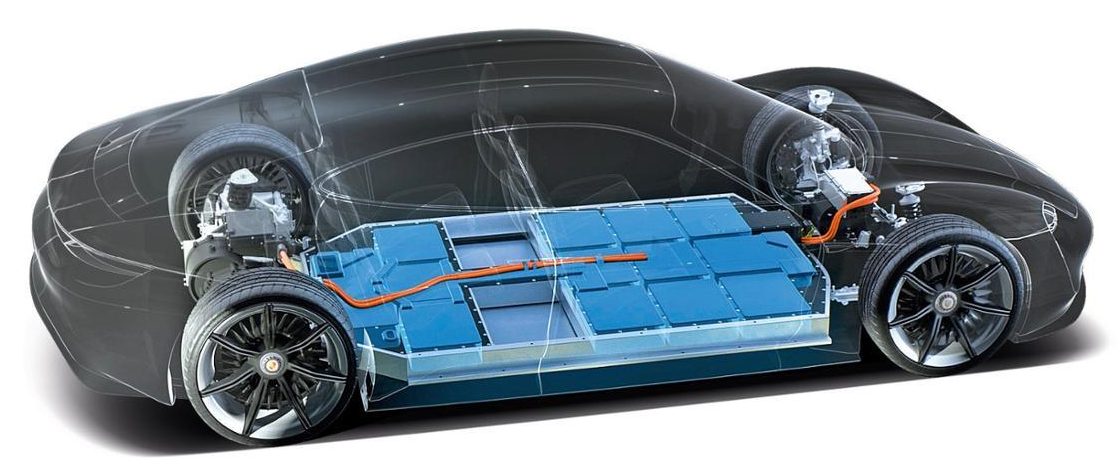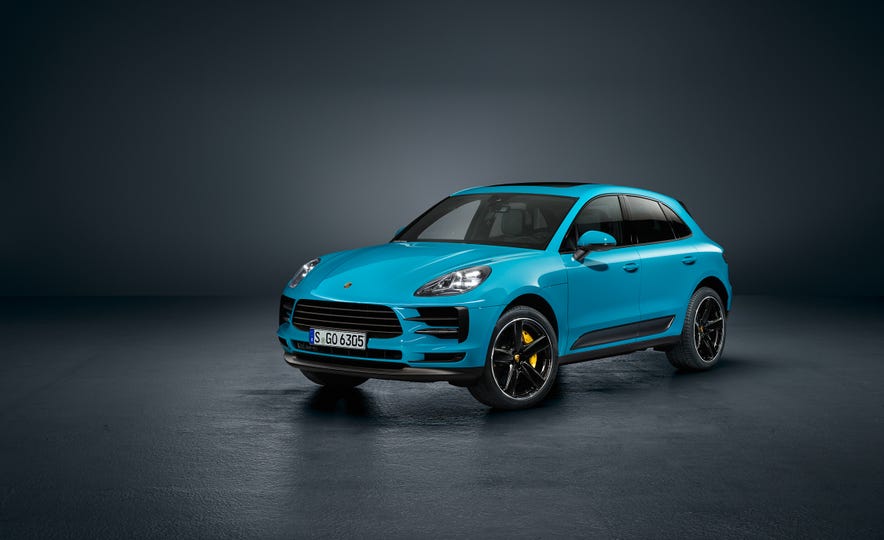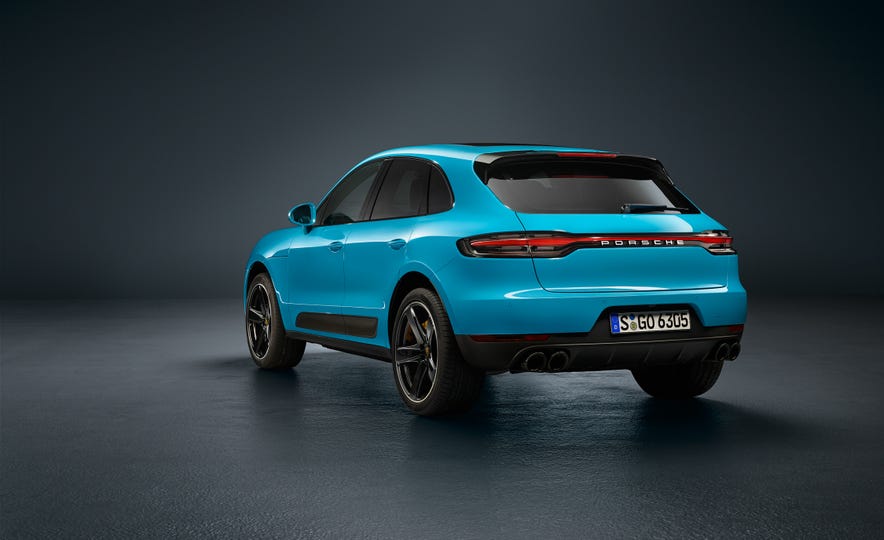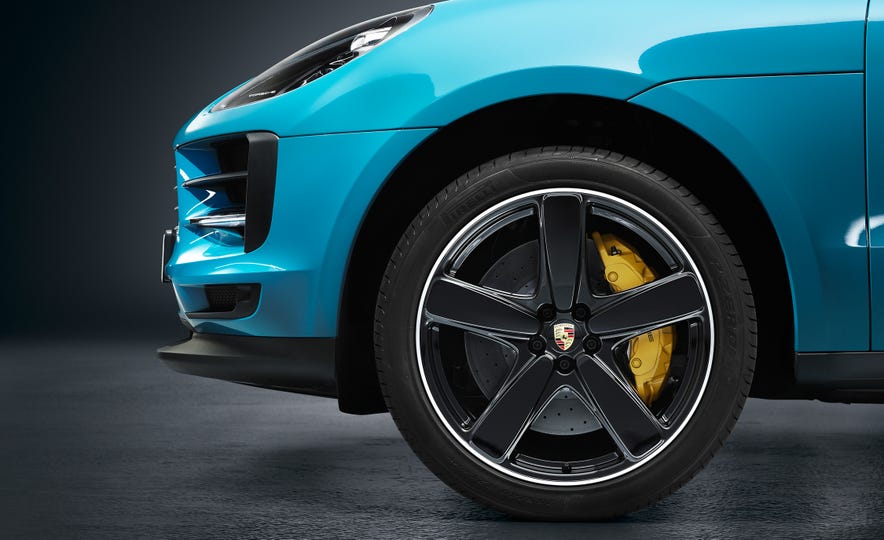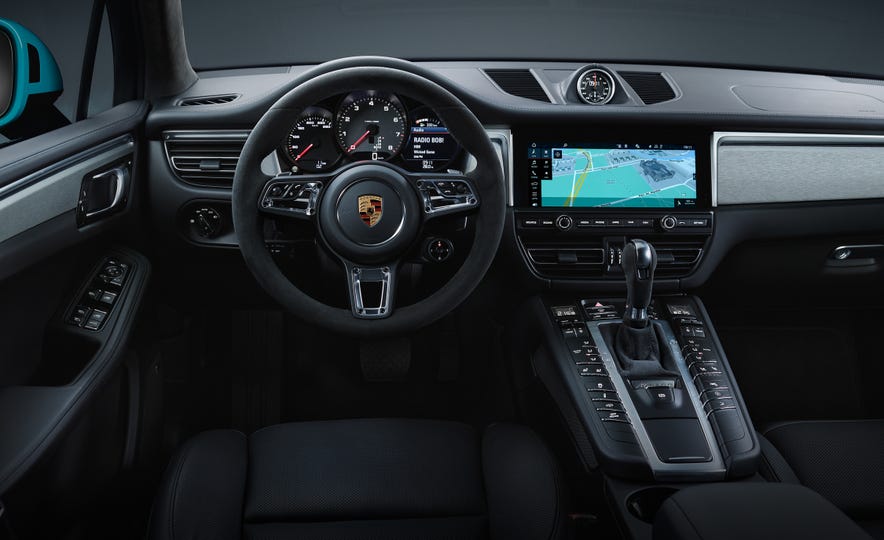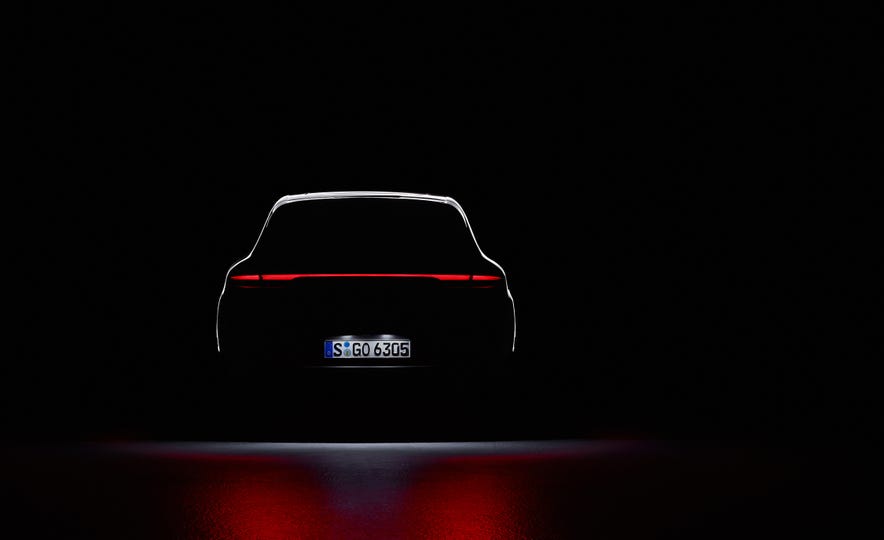Porsche could leave the ranks of automakers who resist Android Auto, Digital Trends has learned exclusively. The German firm is open to offering Android Auto integration on at least some of its upcoming models, but it hasn’t provided a specific time frame.
Michaela Ensinger, the manager of electrics and electronics for Porsche’s SUV line, told Digital Trends that Porsche primarily decided not to offer Android Auto compatibility in any of its cars because a majority of its customers owned an Apple device when Google released the software in 2015. There was some demand for Android Auto, especially in the United States, but it wasn’t high enough to justify adding the feature to models like the Panamera and the Cayenne.

The Cupertino, California, tech giant’s smartphone hegemony has waned, and in 2018 there are enough Porsche customers using an Android device for Porsche to look into adding Android Auto. Some of the firm’s models could be compatible with Android Auto “in the near future,” Ensinger told us. She stopped short of confirming when the feature will become available, or which model(s) will be the first to offer it. Every single member of the 2018 Porsche family is compatible with Apple CarPlay.
Details like the cost of adding Android Auto compatibility to a Porsche will be available closer to the feature’s release, assuming it gets the final stamp of approval. To add context, customers who want to add Apple CarPlay to the redesigned 2019 Macan (pictured above) need to pay $360. It’s standard on the entry-level variants of the Panamera, the Cayenne, and the 911.
Until the feature arrives, motorists are able to link their Android-powered smartphone to their Porsche via a platform-agnostic app named Porsche Connect. They can open the app to remotely check whether the doors, the tailgate (when applicable), and the windows are closed, and to lock or unlock the car. The software also provides information like the oil and fuel level, plus maintenance data such as when the next service needs to be performed. Finally, it lets owners link the Macan with an Amazon Music account.

Porsche isn’t the only car company whose models aren’t available with Android Auto. Toyota and Lexus, its luxury division, are barely warming up to Apple CarPlay but there is not a single model made by either firm that’s compatible with Android Auto as of December 2018. That will change soon, according to insiders, and Android Auto compatibility will become available in the “not-too-distant future.” Contacted by Digital Trends, Toyota declined to confirm or deny the rumor. Lexus told us a full 80 percent of its customers have an Apple-powered device in their pocket.
Porsche sister company Bentley is Android-free as well.


